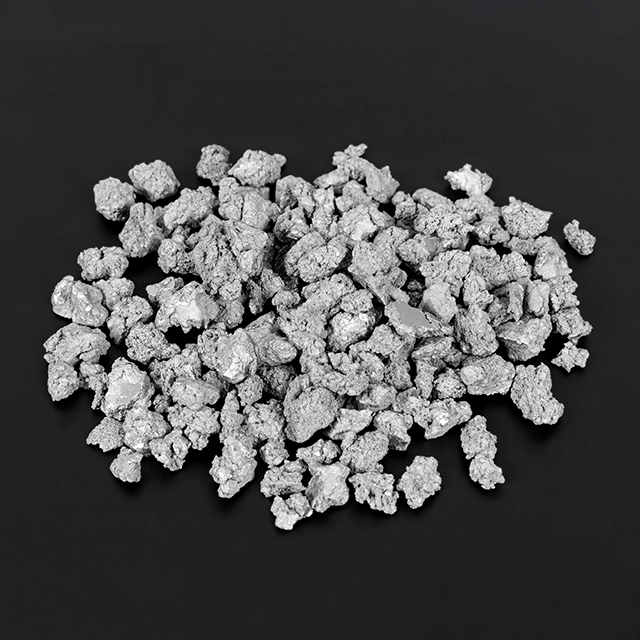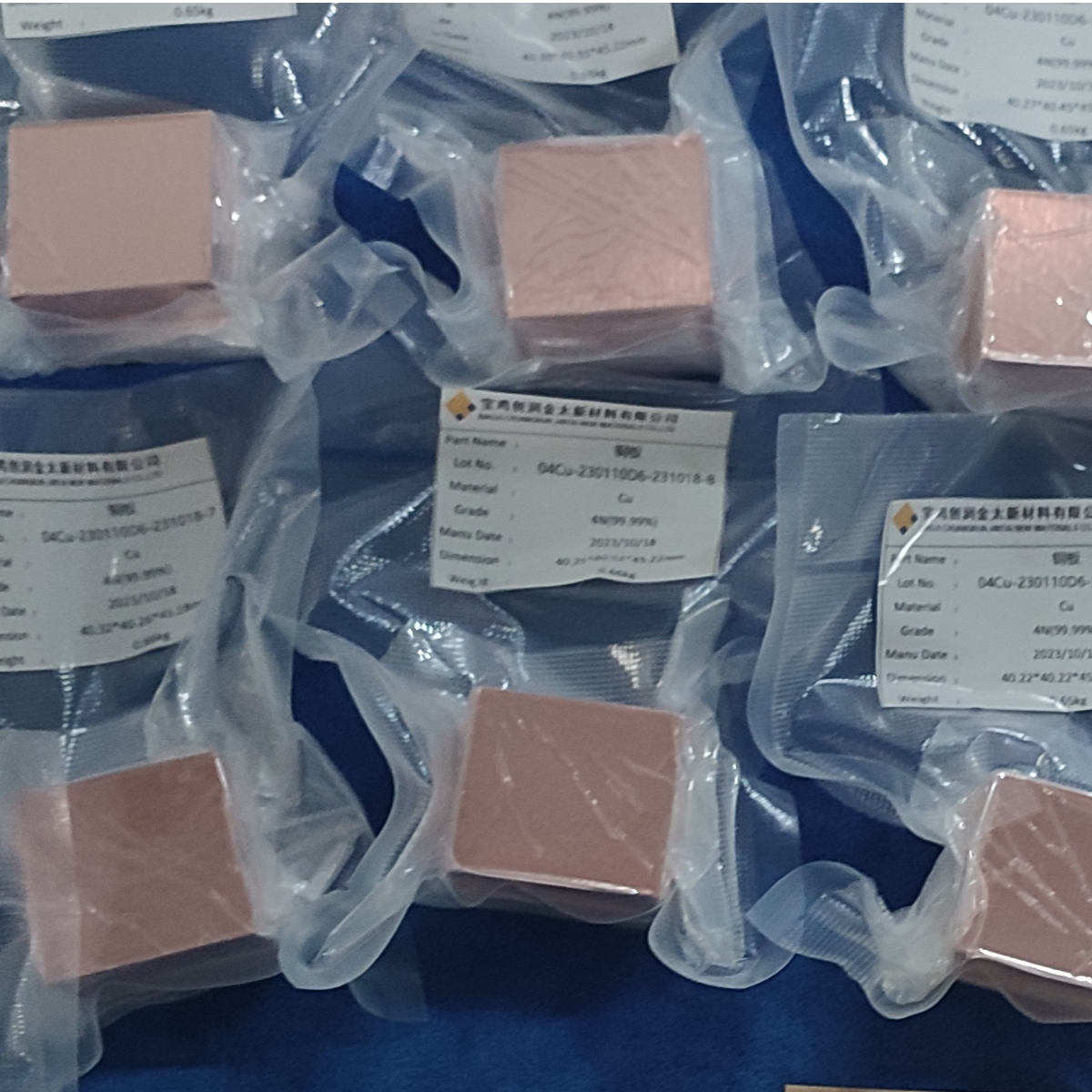
What is Niobium Metal? Properties, Uses, and Industrial Insights
Niobium metal is a rare transition metal prized for its unique combination of strength, ductility, and corrosion resistance. It plays a critical role in modern industry, from aerospace components to superconducting technologies. Its ability to maintain structural integrity under extreme conditions makes it invaluable for high-performance applications. Understanding niobium metal’s properties, applications, and production methods allows manufacturers to leverage its advantages for innovative solutions and sustainable operations.

Properties of Niobium Metal
Niobium belongs to group 5 of the periodic table and exhibits a body-centered cubic crystal structure. This atomic arrangement contributes to its exceptional mechanical properties and resistance to deformation. Its electronic configuration allows for strong bonding with other metals, making it ideal for alloy formation. These characteristics also facilitate its use in superconducting applications. Niobium metal has a relatively low density compared to other refractory metals, around 8.57 g/cm³. It melts at approximately 2,468°C and maintains hardness under high temperatures. This combination of properties makes it suitable for high-temperature components in aerospace and power generation equipment. Its hardness also enhances wear resistance, improving the lifespan of parts. Niobium exhibits remarkable corrosion resistance, particularly against acids and oxidizing environments. It forms a passive oxide layer that protects against further degradation. This property allows niobium to perform well in harsh chemical conditions, such as those found in petrochemical and marine applications. Niobium alloys are also less prone to stress corrosion cracking. Despite being a refractory metal, niobium maintains moderate thermal and electrical conductivity. It can efficiently transfer heat in high-temperature applications and serves as a reliable material in superconducting magnets. Its thermal stability ensures dimensional integrity during rapid heating and cooling cycles.
Industrial Applications of Niobium Metal
Niobium is extensively used in jet engines, airframes, and rocket components due to its high strength-to-weight ratio. It allows for lighter structures without sacrificing durability, which improves fuel efficiency and operational safety. Niobium-based superalloys maintain performance at extreme temperatures, making them ideal for aerospace applications.
Aerospace and Aviation Components
Niobium is extensively used in jet engines, airframes, and rocket components due to its high strength-to-weight ratio. It allows for lighter structures without sacrificing durability, which improves fuel efficiency and operational safety. Niobium-based superalloys maintain performance at extreme temperatures, making them ideal for aerospace applications.
Automotive and Transportation Uses
In the automotive industry, niobium enhances steel and aluminum alloys, producing stronger and lighter components. It is used in high-strength fasteners, chassis, and exhaust systems. By improving material performance, niobium helps manufacturers meet stricter fuel efficiency and safety standards.
Energy and Power Generation Applications
Niobium metal is critical in energy sectors, including gas turbines, nuclear reactors, and superconducting power lines. Its high melting point and corrosion resistance ensure long-term operational reliability. Niobium alloys optimize turbine blade performance and reduce material failure risks under thermal stress.

Handling, Storage, and Safety Considerations
Safe Handling Practices
Niobium is generally safe but must be handled to prevent dust inhalation and contact hazards. Protective equipment and ventilation are recommended during processing.
Storage Conditions for Longevity
Niobium should be stored in dry, temperature-stable environments to prevent oxidation and contamination. Proper storage ensures consistent material quality for manufacturing operations.
Environmental and Health Impacts
Niobium production has low toxicity, but industrial operations must manage waste and emissions. Compliance with environmental regulations protects worker health and company reputation.
Recycling and Waste Management
Recycling niobium from scrap and used alloys reduces resource dependency. Efficient waste management also lowers environmental impact while supporting sustainable production practices.
Company Advantage
At Ningbo Chuangrun New Materials Co., Ltd. (CRNMC), we take pride in our strong capabilities in the field of advanced materials.
Expertise in High-Purity Metal Manufacturing
We focus on high-purity metal production with complete in-house processes from smelting to precision machining. Our expertise covers titanium, copper, nickel, cobalt, and niobium metal for various industrial applications.
Advanced Testing and R&D System
We have advanced R&D and quality testing facilities supported by a CNAS-certified laboratory with GDMS and LECO equipment. Every product meets strict purity and consistency requirements.
Extensive Industry Applications
Our materials serve key industries such as aerospace, semiconductors, energy, and medical technology. Each product ensures stability and long-term reliability.
Leadership in High-Purity Niobium Metal Technology
We lead in niobium metal innovation, producing 4N-grade niobium with stable quality. This achievement strengthens our role in superconductors, high-performance alloys, and other demanding sectors.
FAQs
Related Blogs
One Article for You to Read About CRNMC's High Purity Titanium
With the continuous application of titanium products in semiconductor, aerospace, new energy and other industries. End product requirements for upstream raw materials are also becoming more stringent.High purity titanium spongeThe highest national standard for titanium sponge, grade 0A, requires a t
Read MoreNiobium Alloys: Transforming Steel Production And Industrial Applications
Steel has long been one of the most essential materials for modern infrastructure, from towering skyscrapers to bridges and vehicles. However, despite its importance, steel is not always as durable or versatile as industries require. This is where niobium alloys come in.
Read MoreThe Unique Properties of Niobium: Why It's A Critical Material in High-Tech Industries
Niobium, a relatively obscure metal compared to more common materials like aluminum or steel, plays a vital role in modern high-tech industries.
Read MoreCorrosion Resistance of Titanium Metal: What Makes It So Durable?
Titanium is often described as a “wonder metal” for good reason. It’s as strong as steel but nearly half the weight, making it ideal for aerospace and engineering applications.
Read More
Get Touch With Us

Contact CRNMC
If you have any questions or requirements regarding solutions, please feel free to contact our customer service team.
+86-574-6206 7577 8777
tiefeng.zhang@crnmc.com


















